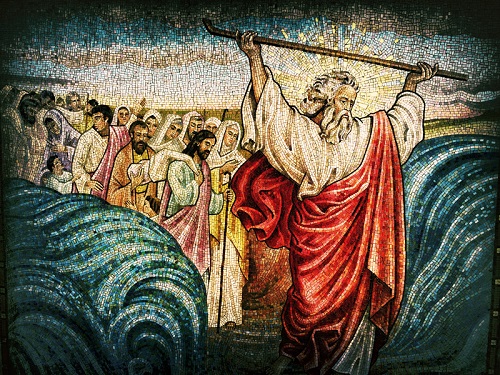
Correct proportions of the vessel in the “Gilgamesh Epic – a cube, not a ship
The Gilgamesh Epic is a series of Sumerian poems that tell heroic stories about the Sumerian god Gilgamesh. Included in the poems is a story of a global flood. That story is named after the people in Mesopotamia who occupied the land after the Sumerians – the Babylonians. The stories are written in clay tablets in cuneiform – one of the oldest, if not the oldest, form of writing known. Thus the Epic of Gilgamesh has come to be known as the Babylonian flood epic, and is one of the oldest written stories known.
Secularists who (true to form) deny the existence of the supernatural of course do not believe the Babylonian flood epic either. But they use it as a means to try to disprove the Biblical flood epic since that is clearly a symbol of divine judgment. Using the story of Pandora as an example, their logic goes something like this:
The story of Pandora and the closed box of evil that she opens which releases all manner of evil upon the world is myth, not to be believed.
The story of Eve in the garden of Eden who takes a bite of the forbidden fruit, which releases all manner of sin and evil upon the world is borrowed from the story of Pandora, and thus is also a myth, not to be believed.

